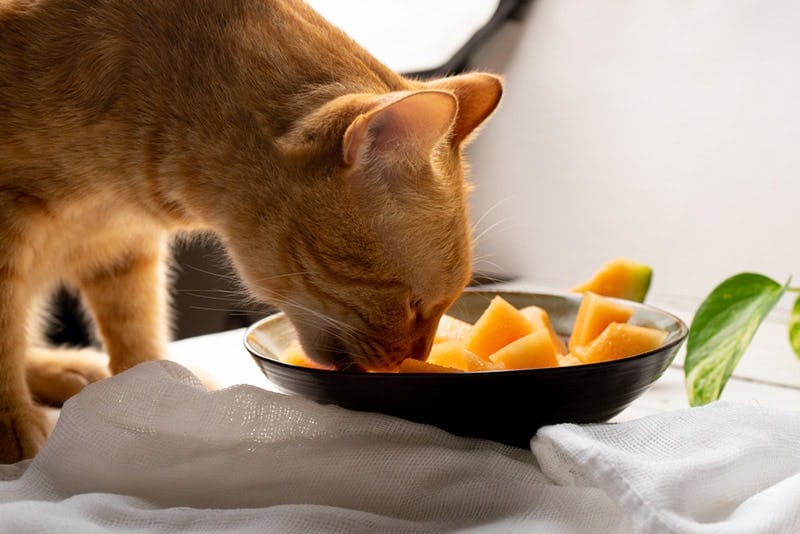You can find vitamin C almost everywhere, from your morning OJ to your spring salads. In humans, a vitamin C deficiency is a serious problem, but is it the same with cats? You might be surprised to learn that most cats don’t need any extra vitamin C in their diet.
Unlike humans, cats can create their own vitamin C from the glucose that they ingest. In fact, too much can be harmful to cats! But a small amount of added vitamin C can treat or reduce the risk of certain conditions. If your vet has recommended adding this vitamin to your cat’s diet, here are a few great vitamin C-heavy foods that are safe for cats to eat.

The 5 Vet-Approved Food Sources of Vitamin C for Cats
1. Strawberries
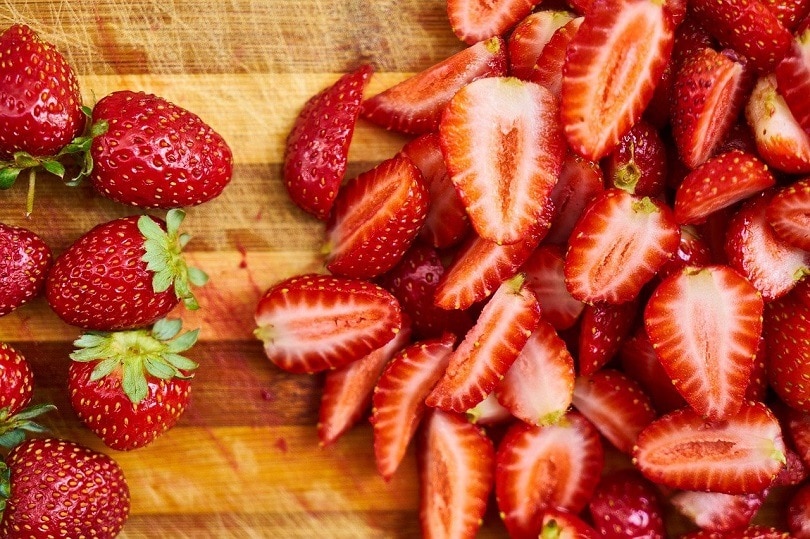
Strawberries are safe and healthy treats for cats and contain many vitamins and minerals, including vitamin C. There are 58 mg of vitamin C in every 100 grams of strawberries. Cats can eat strawberries raw, though you’ll probably need to chop them up. Like with all fruits, keep the serving size small.
2. Cantaloupe

Cantaloupe is another great source of vitamin C, with 36 mg per 100 grams. If you like eating this delicious fruit yourself, you can see if your cat wants a few bites too. Cats often love cantaloupe on hot days because of its high water content. It can be a cool and refreshing summer treat!
3. Broccoli
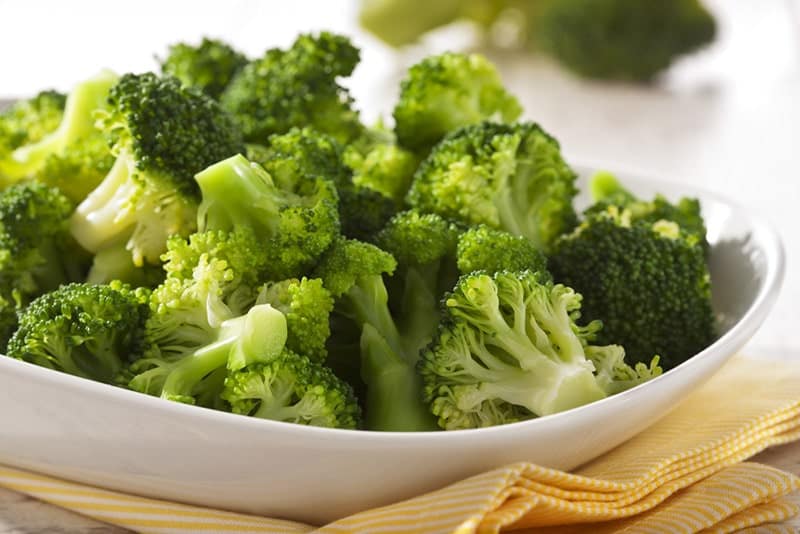
Broccoli is a healthy, antioxidant-rich food for cats that must be served steamed and unseasoned. It is incredibly vitamin dense, with a full 89 mg of vitamin C per 100 grams. Although many cats don’t love broccoli, you can sometimes finely chop one or two florets into a meal without your cat noticing.
4. Spinach
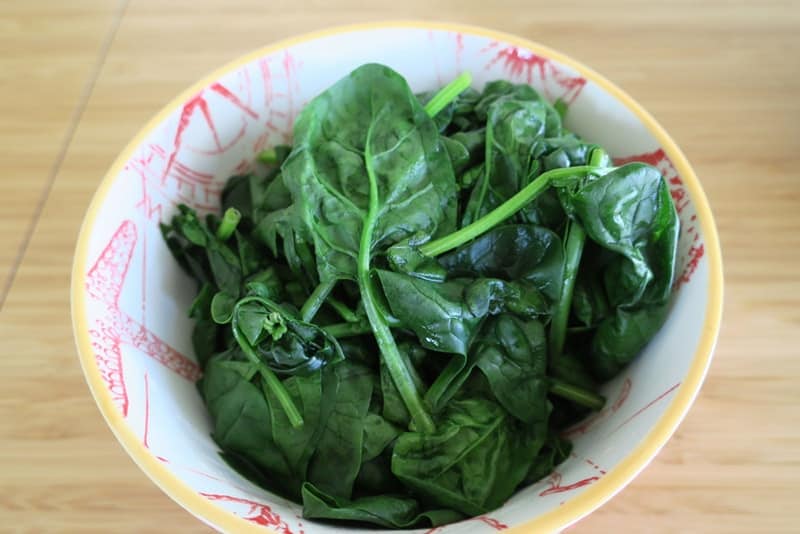
Spinach is one of the healthiest cat veggies when given in small amounts. In fact, it’s a common ingredient in natural cat foods because it has so many vitamins, including 28 milligrams of vitamin C per 100 grams. Like broccoli, it’s generally best to serve it steamed and chopped. However, spinach does contain calcium oxalate, which can make urinary tract crystals worse, so speak to your vet before feeding this to your cat.
5. Brussels Sprouts
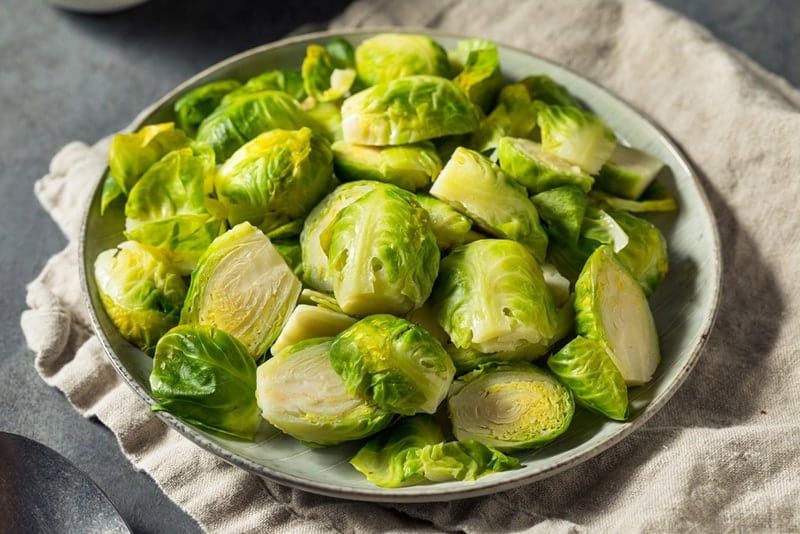
Brussels sprouts are close relatives of broccoli, so it’s not surprising that they have a large amount of vitamin C too! These veggies have 85 mg of vitamin C for every 100 grams. Like other vegetables, brussel sprouts should be served steamed and chopped finely.

So, Why (or Why Not) Vitamin C?
There’s a great deal of conversation about whether vitamin C is good for cats. For one thing, it’s a powerful antioxidant, something that can help prevent cancer, heart disease, and many other health problems. But conventional wisdom says that cats don’t need it because they produce their own. Also, too large of a dose can have the opposite effect.
That said, other effects of vitamin C can be helpful. One of the biggest potential impacts of large amounts of vitamin C in the diet is on urine acidity. Vitamin C potentially affects the pH of cat urine, making it more acidic, which may have potential medical implications. Some vets also recommend small amounts of vitamin C to treat ill or stressed cats, though there isn’t enough research on this to determine its full benefits.

Conclusion
Vitamin C is vital to good health in cats, but they don’t generally need any added to their diets. However, there are a few reasons that a small amount of vitamin C might be beneficial. If you want to give your pet a healthy dose of vitamin C, try providing them with foods like strawberries, cantaloupe, and broccoli.
Featured Image Credit: Guajillo studio, Shutterstock

